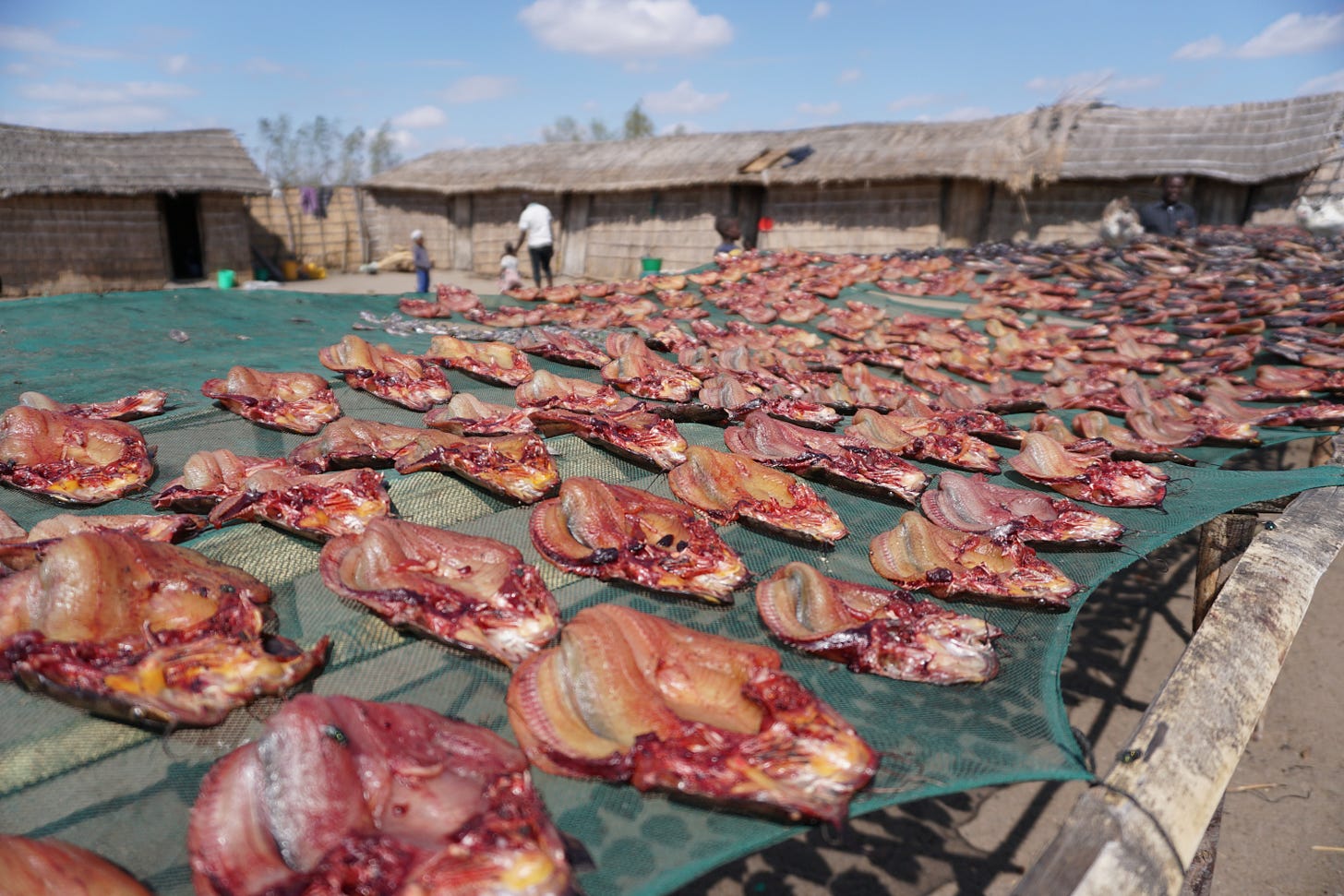BE INNOVATIVE: MwAPATA fish Study advocates technological innovation to boost productivity
Study draws on the MwAPATA Aquaculture Survey, conducted in May and June 2021, in ten districts where fish farming is most common, as identified by the Malawi Department of Fisheries

LILONGWE, Malawi (Planet Defence) - A new study by the MwAPATA Institute a Malawian think-tank suggests that small-scale fish farmers in Malawi and similar settings should adopt improved technologies and best on-farm management practices to increase production and profits.
This study contributes to the discourse on how aquaculture in Malawi can best support the country’s development inline with Malawi Vision 2063.
The study draws on the MwAPATA Aquaculture Survey, conducted in May and June 2021, in ten districts where fish farming is most common, as identified by the Malawi Department of Fisheries and through consultation with district fisheries officers.
These districts include Nkhatabay and Mzimba (Northern region); Ntchisi, Nkhotakota, and Mchinji (Central region); and Phalombe, Thyolo, Mulanje, Machinga, and Zomba (Southern region).
Malawi’s aquaculture sector is predominantly small-scale, with over 15,000 small-scale farmers. These farmers operate either individually or through community fish farms.
Additionally, there are two main commercial farms: MALDECO and Chambo Fisheries. A significant challenge in the sector is access to quality fingerlings, leading many farmers to use recycled fingerlings from their own or neighboring farms.
Small-scale fish farms in Malawi practice monoculture or polyculture. At the end of the production season, some farmers completely drain their ponds to harvest all the fish (complete harvest), while others partially harvest only the larger fish, allowing smaller ones to continue growing (continuous/recycled production).
The study findings coincides with a multi-stakeholders’ dialogue session for the National Plan of Action – SFF, held on May 8, 2024, organised by the Department of Fisheries and UN Food and Agriculture Organization at the Bingu International Convention Centre (BICC) in Lilongwe.
Speaking during a panel discussion during the dialogue, Christen Malaiza, Institutional Development Specialist for the World Bank-funded Agriculture Commercialisation (AGCOM), highlighted the program’s focus on promoting fisheries under the first pillar of the Malawi 2063 agenda.
He noted that substantial funding had already been disbursed to fishers and fish farmers and challenged stakeholders to allocate more funding to viable businesses.
In alignment with the NPOA- SSF to Malawi Agenda 2063, Joseph Nagoli, PhD, Director of Knowledge & Learning at the National Planning Commission, reported that fisheries and aquaculture are prioritized in the Malawi Vision 2063 framework and its subsidiary plans (MIP-1, Malawi Priorities, Research Agenda).
He emphasized the importance of sustainable financing and improved management and governance policies in fisheries and aquaculture, considering the challenges posed by climate change, especially for productive lakes like Lake Chilwa.
However, the MwAPATA study acknowledges limitations, such as not accounting for farm establishment costs.
Small-scale aquaculture in Malawi has the potential to achieve the transformational change envisioned in Malawi Vision 2063, but only if farm production, yield, profit, and profit per square meter can be enhanced.
The study establishes that using high-quality inputs, such as high-quality fish feed and inorganic fertilizers, and following best aquaculture management practices, can improve the outcomes of small-scale fish farms.
These findings contribute to the ongoing discourse in Malawi regarding the role of aquaculture in achieving the Malawi 2063 agenda.
Link to the study : https://bit.ly/45bbOFV



